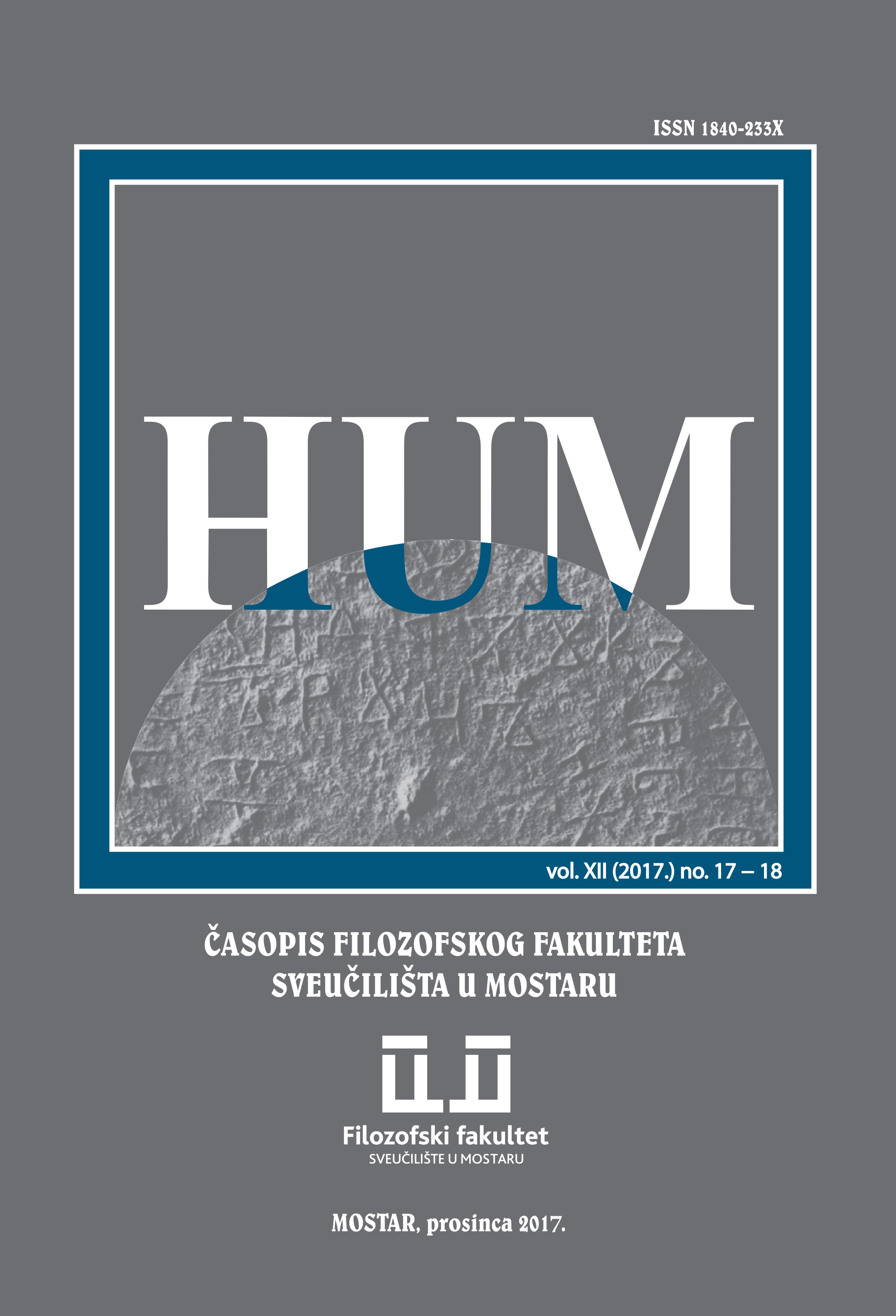BESKONAČNOST I MATEMATIČKA ISTINA
INFINITY AND MATHEMATICAL TRUTH
Author(s): Edo PivčevićSubject(s): Philosophy, Epistemology, Philosophy of Science
Published by: Filozofski fakultet Sveučilišta u Mostaru
Keywords: mathematics; truth; discreteness; continuity; incommensurability;
Summary/Abstract: The paper discusses the problem of infinity with a special reference to mathematical truth. The roots of this problem, in a sense, go back to early efforts to provide a rational account of the phenomena of change, and the phenomenon of motion in particular, and, in connection with this, to the attempt to cast light on the complex relationship between continuity and discreteness. If mathematics is to serve as a tool of a rational description of the world, is it possible to construct a mathematical model of phenomenal continuity? This question was raised already by Zeno when the Pythagorean hypothesis of the essential ‘granularity’ of the world began to crumble as a result of the discovery of incommensurable magnitudes. The discovery of incommensurable magnitudes, and along with it the discovery of irrational numbers, produced well-known paradoxes and gave rise to the question to what extent, if at all, mathematics can deliver a ‘metaphysical’ description of the world. In more recent times, the idea of infinity was built into the infinitesimal calculus which became the foundation of the mathematical description of nature, but the metaphysical questions have not gone away. The issues surrounding actual and potential infinity continue to be the subject of intense debates. Whereas some recognise only potential infinities, others, like Georg Cantor, accept actually existent infinities. This is directly connected with the question of mathematical truth, which, according to the Platonist tradition exists as objectively given. The paper argues that the Cantorian transfinite set theory cannot withstand criticism, and that rather than providing a (metaphysical) description of reality mathematics merely offers possible models in terms of which the world might be better or more conveniently interpreted. The so-called ‘mathematical truth’ reduces to the question of ‘correctness’, viz. whether a given mathematical proposition does or does not follow from given premises.
Journal: Hum
- Issue Year: XII/2017
- Issue No: 17-18
- Page Range: 7-30
- Page Count: 24
- Language: Croatian

